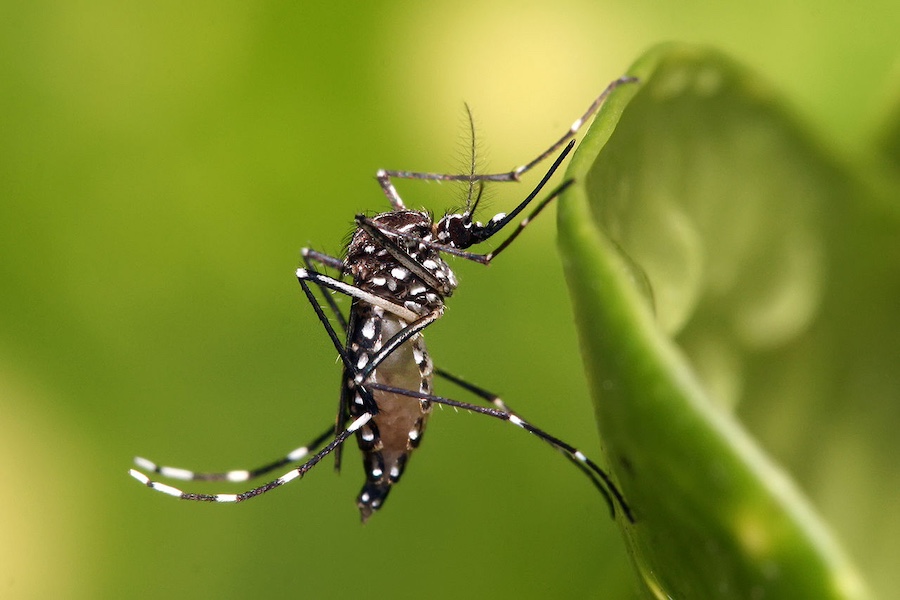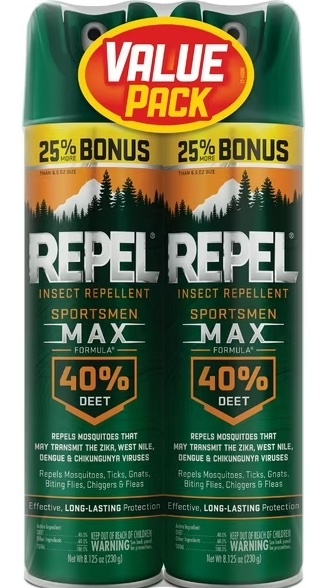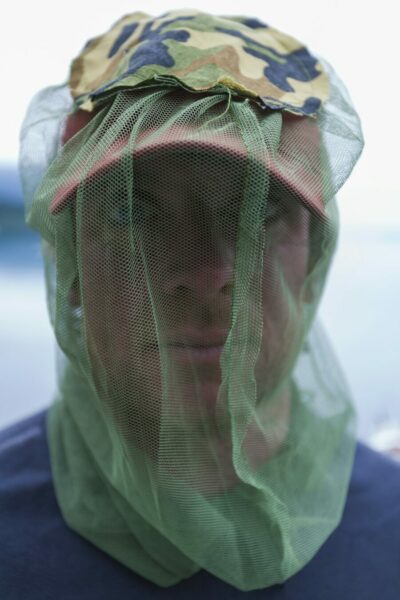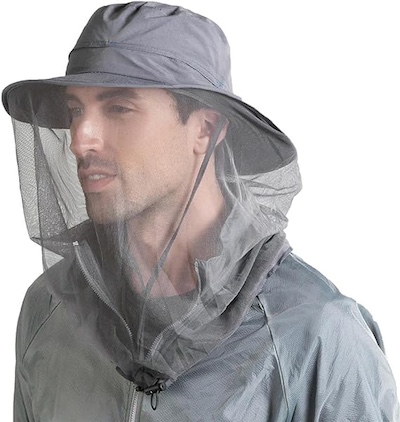
Mosquitoes, the Culicidae, are a family of small flies consisting of 3,600 species. The word mosquito is Spanish and Portuguese for little fly. Mosquitoes have a slender segmented body, one pair of wings, three pairs of long hair-like legs, and specialized, highly elongated, piercing-sucking mouthparts. Wikipedia
Camp, hike, and fish, but don’t let mosquitoes be part of reminiscences
By Henry Clement
Checking out at a True Value Hardware store here in Georgia before Labor Day, the woman in front of us asked the store owner what mosquito repellent she should use. She said her family was going camping over the long weekend.
The store manager chirped from the back office, ‘The best is Deet if used as directed.’ The woman went on a rant, stating she Googled the spray and it is poisonous to children and pets – killing hundreds, blinding thousands, and on and on.

Buying the 100% DEET is a waste of money. This cheaper version [40%] is better—Tru Value Hardware – about $10 to $12 for two.
Stupid steps up
Calmly, the True Value boss came out from his office and did a Pete Buttigieg response. It was thoughtful and factual. Sadly, shoppers laughed at the then-embarrassed woman. The woman was astonished her tell hadn’t drawn applause. She was convinced, I think, that she was the most intelligent person in the room. However, her political hat had already marked her aptitude.
In addition, the info about Deet even corrected my newly formed and unfounded suspicions about anything chemically put together, which I have since realized includes just about ‘everything’ we eat, rinse and wash with, wear, and apply.
Deet should not be a problem
Have there been fatalities involving Deet? Yes, nine. Four ingested it as their suicide cocktail of choice, and others under the influence of opioids. There are no cases reporting blindness.
Does DEET kill mosquitoes?
No, but it does stink. Yes, mosquitoes agree, as do other bugs and animals. Is it irritating to eyes, open wounds, and skin sores? Yes, and those misapplications could lead to medical attention being required.
Deet has been used for about 80 years
If it were toxic or caused cancer, it would have shown up a long time ago. —— Jeffrey Bloomquist, insect toxicologist, University of Florida.
NOTE: A 24 percent solution should be adequate. Bloomquist suggested spraying it onto clothing rather than directly onto the skin. Using 100 % Deet is not a good idea.
Male mosquitoes can’t hurt anyone
Female mosquitoes need blood to lay eggs. When they land on your skin, searching for yours, they inject saliva-containing proteins. Using little serrated blades in the proboscis — their needlelike mouths — drill down into your skin. —— Dr. Allison Gardner, University of Maine, who studies managing infectious diseases from ticks and mosquitoes. Those proteins numb the skin and dilate blood vessels, making feeding more efficient.

Close-up of man wearing protective mosquito netting. A Tilley-type wide-brim hat is better than a baseball cap.
Should you scratch an itch?
You can. It’s almost impossible not to. The mild pain from scratching overrides the itch and tells your brain to release serotonin, a natural pain reliever. But serotonin can also amplify the itch signals, making you scratch more. When your skin is damaged from overzealous scratching, your body responds with more histamine again, leaving you in a miserable loop.
What to do?
‘Antihistamine pills like Zyrtec, Claritin, or Allegra are more effective than topical creams, as they calm the body’s immune response. You can even take an oral antihistamine in preparation for a camping trip or every summer day. Having histamine blockers in your system will mean less of a reaction, period.
Hydrocortisone
For a lingering tingly effect, try an ice pack, cooling spray, or a menthol ointment like Vicks VapoRub. A cooling agent layered with hydrocortisone will best soothe the itch in the short and long term. As for what cooling product to use, anything that feels good. —— Dr. Cosby Stone, an allergist at Vanderbilt University.
Sources:







